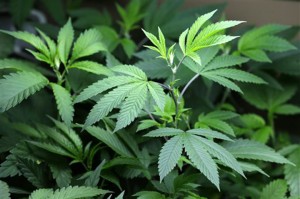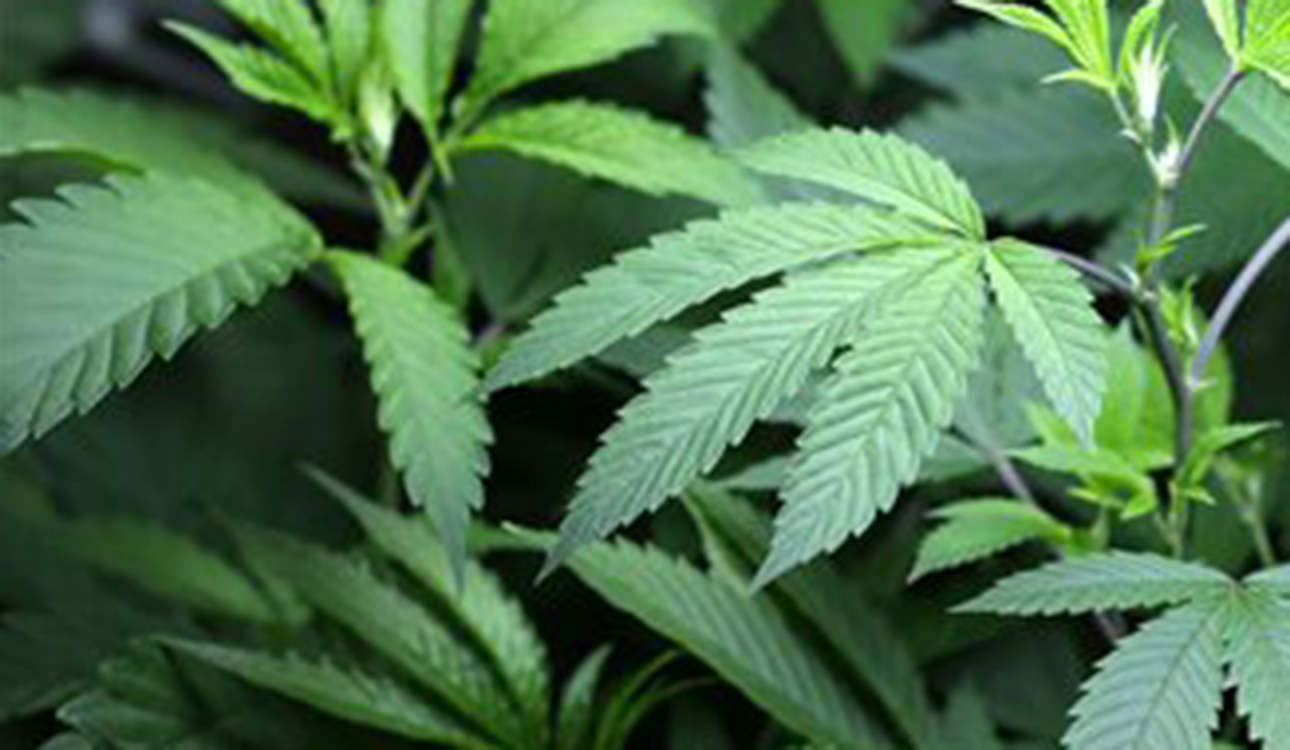
Associated Press
SEATTLE — Washington adopted rules Wednesday for the recreational sale of marijuana, creating what advocates hope will be a template for the drug’s legalization around the world.
Mexico, Uruguay, Poland and other countries and states already are reviewing the new regulations, which cover everything from the security at and size of licensed marijuana gardens, to how many pot stores can open in cities across the state, said Alison Holcomb, the Seattle lawyer who drafted Washington’s marijuana initiative.
Washington will tax pot highly and cap total production in the state at 80 metric tons. Sales are expected to begin by the middle of next year.
“We feel very proud of what we’re doing,” said Sharon Foster, chairwoman of the Washington Liquor Control Board, as she and her two colleagues approved the rules. “We are making history.”
Washington and Colorado last year legalized the possession of up to an ounce of pot by adults over 21, with voters deciding to set up systems of state-licensed growers, processors and sellers.
The measures put state officials in the difficult position of crafting rules for a fledgling industry barred by federal law for more than seven decades.
The board devised Washington’s regulations after nearly a year of research, debate and planning, including public hearings that drew hundreds of people around the state.
Supporters hope taxed pot will bring the state tens or hundreds of millions of dollars, with much of the revenue directed to public health and drug-abuse prevention.






